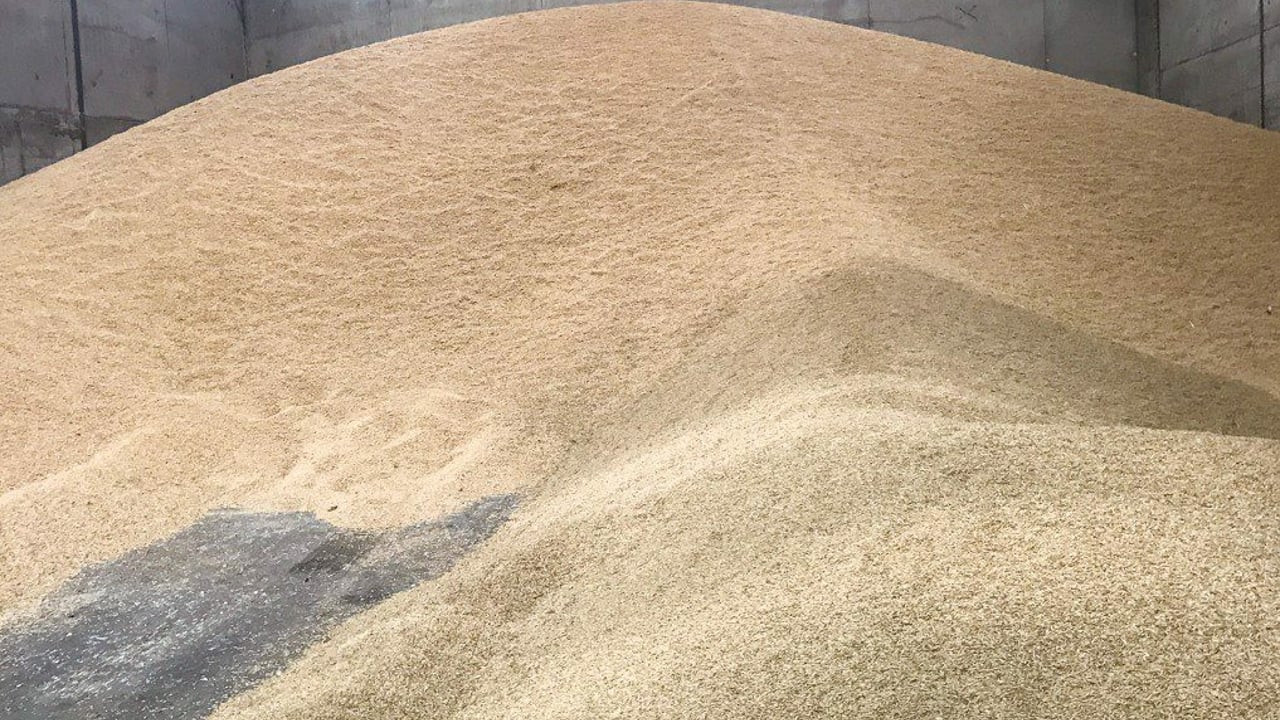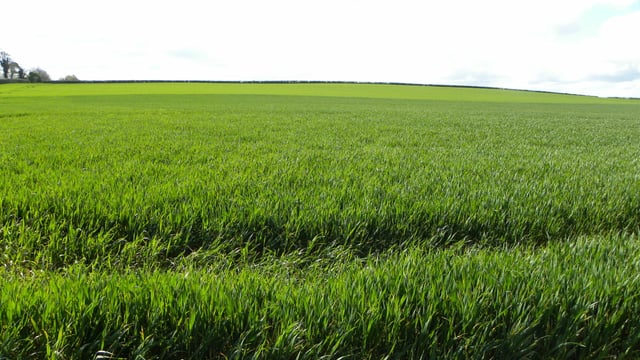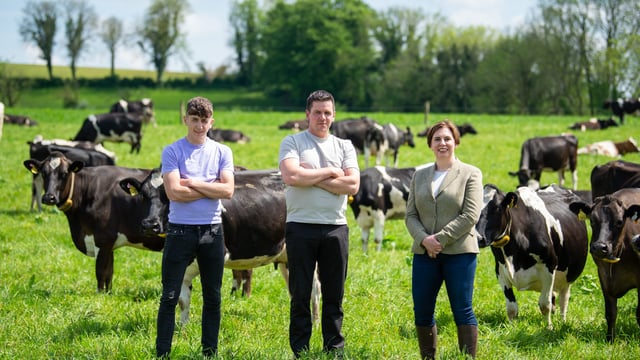Unprecedented challenges facing farming and food in NI - NIGTA
Farming and food in Northern Ireland are facing a number of unprecedented challenges at the present time. That was the very clear view expressed by Northern Ireland Grain Trade Association (NIGTA) president Niall O’Donnell, during his speech to the organisation’s recent annual dinner.
He said: “Russia’s war in Ukraine has sent shockwaves through global markets, inducing unprecedented volatility, which has led to very challenging trading conditions.
“Ukraine is one of the world’s largest exporters of grains, and taken together, Russia and Ukraine account for nearly 30% of global wheat exports.
According to the NIGTA representative, Ukrainian port operations have been suspended, and with sanctions imposed on Russia, world trade is suffering major disruption as supply chains try to rebalance in response to altered supply and increased demand.
“The impact of the war in Ukraine is also being felt in the energy, fertiliser and freight markets," he continued,
“Last year, fertiliser production was halted because the high energy prices meant it was no longer viable to produce. This had already caused supply shortages and will be further exacerbated by restrictions on Russia, which is a major fertiliser supplier."
O'Donnell went on to point out that the global freight market is also under pressure, having experienced a year of rapid growth due to increased economic activity post-lockdown.
"It is also facing higher fuel costs, and now more recently, sanctions applied to Russian vessels has tightened the shipping supply pool even further," he explained.
O’Donnell suggested that these issues are not going to be short-term in nature.
Input costs have been a challenge since the Covid-19 pandemic began. There will also be a legacy of disruption even after the war in Ukraine is over, due to the damage to infrastructure which will take time to rebuild.
“In response to the crisis in Ukraine, NIGTA has engaged directly with the minister of agriculture and his offcials in highlighting the impacts to the local feed industry and farmers," O'Donnell continued.
“NIGTA has also made various representations via other feed trade organisations to the UK government and the EU.
According to O'Donnell, NIGTA has also highlighted the need at farm level for ongoing support packages to alleviate some of the financial pressures of the spiralling input costs.
Turning to Brexit, O'Donnell specifically referenced the Northern Ireland Protocol.
“While it is not perfect, in most areas it is working and allowing unique, unfettered market access for Northern Irish companies to sell products into GB [Great Britain] and EU single market.
“However, on the broader front we have concerns where the UK government appears to be negotiating post-Brexit trade agreements with countries, and not robustly requiring those countries to operate to the same food production and environmental standards as those expected of farmers and food processors in the UK," O'Donnell said.





